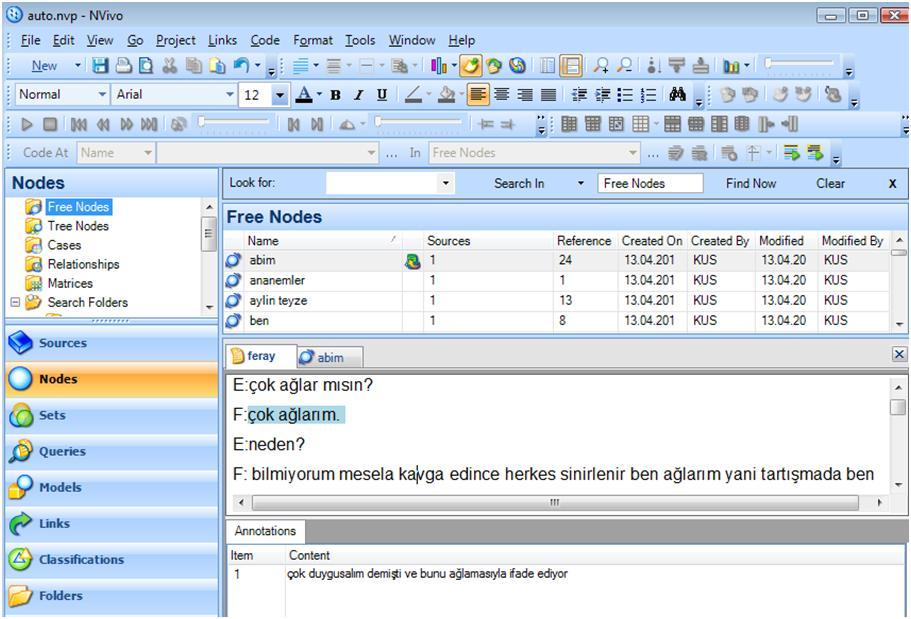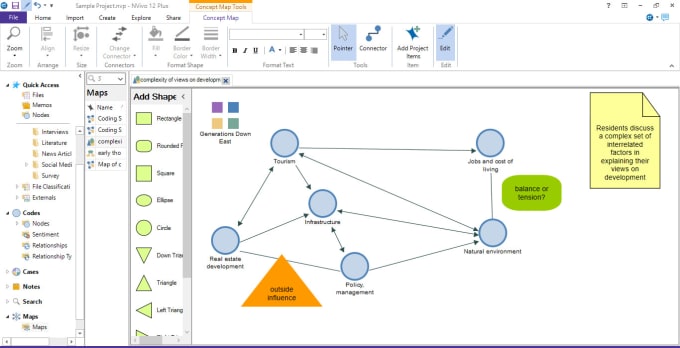

However, there are a few fundamental differences in the structure of projects and the way those projects are saved. These functions include: organizing materials, facilitating coding and annotation, and then retrieval of coded references for analysis. We’ve hosted NVivo installation files at z.umn.edu/GetNVivoīoth ATLAS.ti and NVivo perform the same basic functions of providing a workbench for qualitative analysis. NVivo offers a 14 day trial window before a license key is needed to test the software as well. Please reach out to to get access to the license key. In addition to the Remote Desktop, NVivo is available for download and installation on your personal computer (ATLAS.ti is not available for download). LATIS Research provides access to two of the most popular qualitative analysis software suites: NVivo and ATLAS.ti Both are widely used by academics and cited across the social, behavioral, health and policy sciences.īoth tools can be accessed on the Windows Remote Desktop service, Materials can be directly accessed on the remote desktop through your university Home directory (or H: drive), Shares directory (or S: drive), or via Kumo and your university Google drive space. Licensing for CLA Faculty, Graduate Students, and Staff Query and retrieval of quotations and references by concept or theme.Active memoing, note-taking, and annotation.Mark-up, tagging or ‘coding’ of those materials.

Organization and management of qualitative materials, including text, audio/visual, images, social media data, and open-response survey questions.Qualitative analysis tools, also referred to as qualitative data analysis (QDA) software, or formerly CAQDAS (computer-assisted qualitative data analysis software), are workbenches in which the general tasks of qualitative work can be done:


 0 kommentar(er)
0 kommentar(er)
